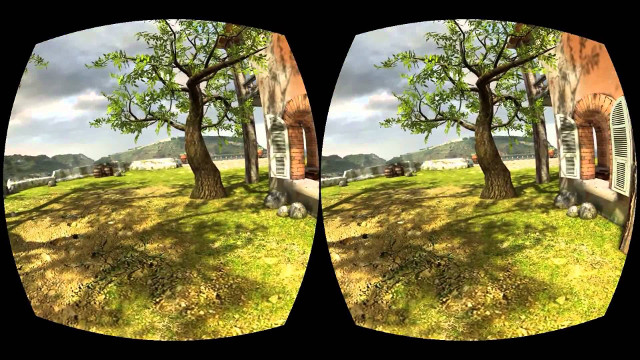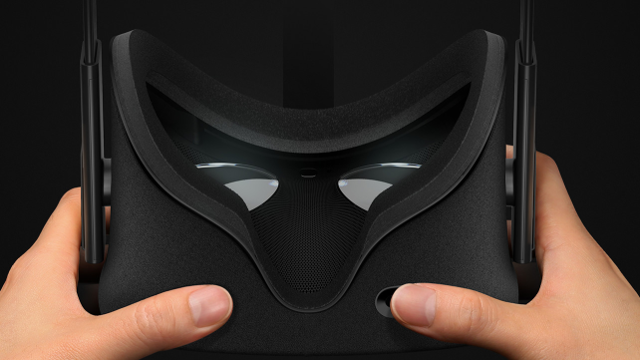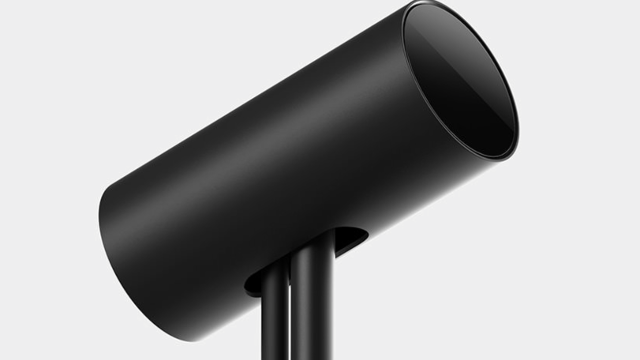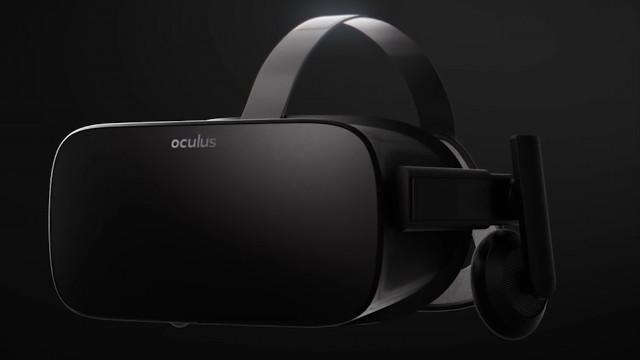Earlier this year I made a big decision. Instead of entering the virtual reality market with the well-established Oculus Rift, I went with the HTC Vive. It sounded like a great idea at the time as Valve's solution was touted by several techies as being more impressive, future proof, and complete.
After two weeks of ownership I found myself burned out of the HTC Vive for a few reasons, and would end up selling it for the same price I bought it for. I told myself to wait a few years before jumping back into the market. That wouldn't last long.
A few months down the road I found myself playing No Man's Sky. While it doesn't support VR, playing a space sim reminded me of how incredible it was to fly around in Elite: Dangerous with the HTC Vive. Within a week I was back in the VR market, this time with an Oculus Rift.
After using the Oculus Rift for five days, and the HTC Vive for two weeks, I have a good idea of how both compare. Given that thousands of consumers will soon be looking to buy a VR headset, I figure I should share my thoughts on my experience with both.
Rift has better image quality. I would say that the clarity of the image is around 20% better on the Oculus Rift. This becomes extremely important in certain games, most notably Elite: Dangerous which has difficult to read text. While it could be considered an anomaly, Elite: Dangerous performs extremely poorly on the HTC Vive. Though, this perk is a factor at all times. Games of all kinds simply look better on the Rift, even if only marginally.
Rift's headphones are surprisingly good. The audio quality is well beyond what I expected. They're also comfortable on the ears, and built directly into the headset. It's a much more well thought out system than the extra cable and ear buds of the HTC Vive.

God rays are a problem. Both headsets have them, but the Rift's are far more noticeable. I've only seen it in cases where there's an image on a black background, and when it appears it looks like the light is smudging into the background. It's distracting at times and makes it seem like the lenses aren't clean, even when they are.
Comfort reigns supreme. The HTC Vive always felt uncomfortable to me. Its system essentially uses a couple flimsy straps to tie the heavy headset to your face. The Rift has a rigid system that clamps securely on your head. This results in a noticeable improvement in terms of comfort, especially during long sessions. It is especially better in cases when you look downward. Even when the HTC Vive is tight on your head, it comes loose in these circumstances, resulting in a blurred image.
A big difference in library. I struggled to find compelling games on the HTC Vive marketplace. Most of the titles were bite sized tech demos that lasted me no more than an hour. Meanwhile, I have over $160 worth of games on my wish list for Rift. These games include Chronos, Edge of Nowhere,and The Climb, each of which are substantial experiences that are more comparable to AAA non-VR titles, games that are four to 12 hours in length.

Rift build quality is in a league of its own. The HTC Vive looks and feels mid-range, which is bizarre since it's technically the more expensive of the two. On the other hand, the Rift feels like something extraordinary in the hands. There are soft cloth materials on the inside and sides of the headset, in addition to well-built headstraps. If you didn't know anything about either, you would definitely say that the Rift is the more expensive headset after trying both.
Oculus Touch is an unknown. Right now it sounds like the motion controllers for Rift won't debut until November. This means that the HTC Vive will have had its solution on the market for more than six months than Rift by then. Many people in the press have praised the Oculus Touch during pre-release demos, but truthfully there is a lot of unknown with it, including support and long-term viability. We don't even know what price the package will debut at.
Steam is a huge perk for HTC Vive. The Oculus Store simply can't compete. It lacks functionality, and its game prices are all extraordinarily high with sales being uncommon. While some Rift games are on Steam, none of the big titles are, and Rift definitely doesn't support the multi-featured in-game SteamVR.

Tracking is roughly the same. I haven't experienced any issues with the Rift's head tracking system. It has performed as well as HTC Vive for me, even when I turn around and face the opposite direction of the sensor.
There are no holes in this wall. I still have huge holes in my wall from mounting the HTC Vive lighthouse base stations. While they may technically be a better solution, the Rift Sensor is very effective and can be simply placed on the desk with little setup.
Overall, I much prefer the Oculus Rift over the HTC Vive. Both are impressive, but the multiple years of iteration with Oculus shows. If you're on the market for only one VR headset, Oculus Rift might be your best bet depending on what you're looking for.







